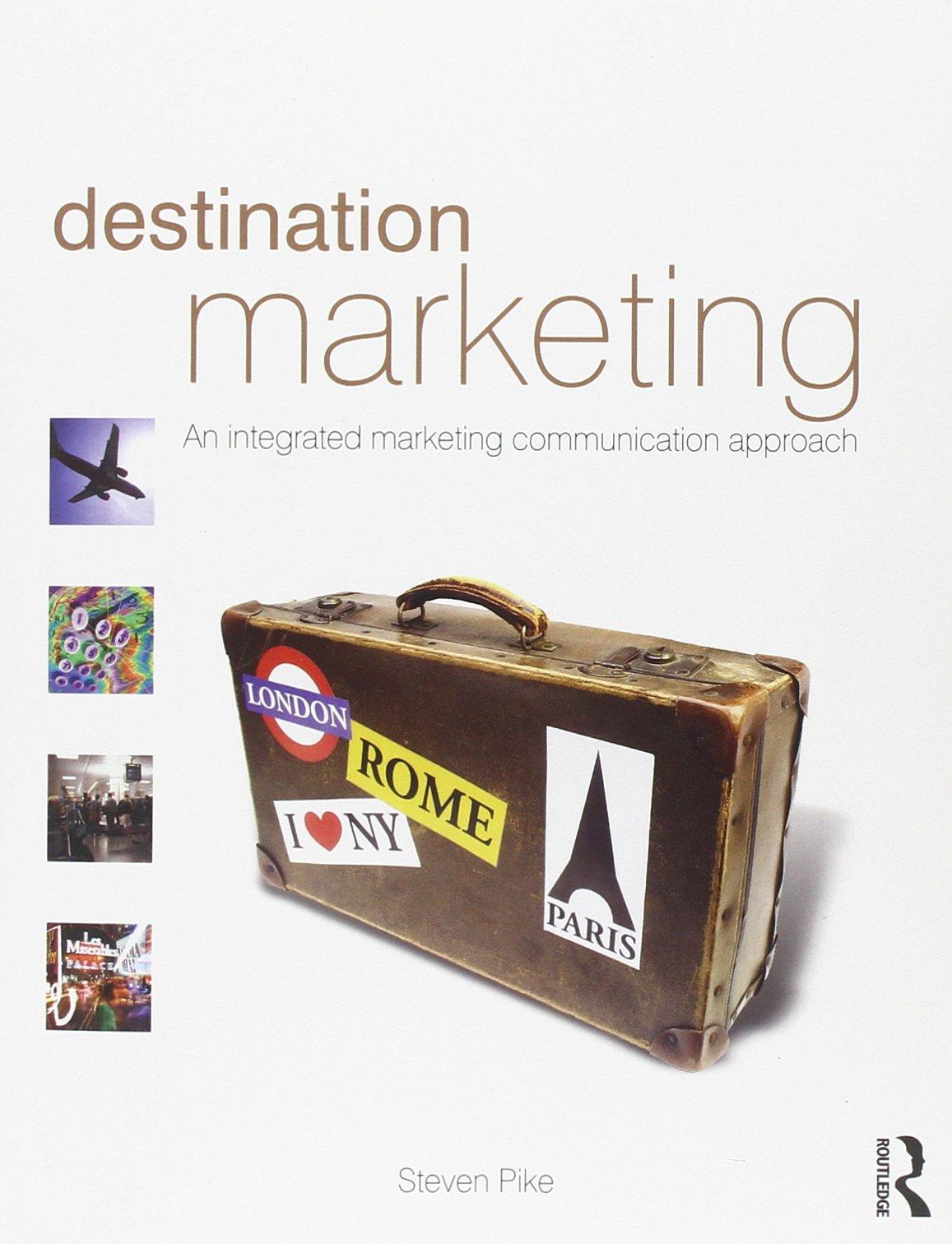Imagine you are a member of a working party set up by Blackpools local council to advise
Question:
Imagine you are a member of a working party set up by Blackpool’s local council to advise it on ways of coping with decline after the Super-Casino failure. Recognising the socioeconomic changes in the British holiday market, how else could Blackpool market its assets of recognisability, plentiful accommodation, a range of pubs, theatres, amusement arcades, and the most popular ‘free entry’ funfair in the UK?
John Clarke, Liverpool JMU Blackpool in England (www.blackppoltourism.com) is often seen as the world’s first and biggest working-class holiday resort. The destination grew up in the 19th century, and in the hundred years from 1870 to 1970 its massive and rapid expansion made Blackpool virtually synonymous with the popular English seaside destination.
The destination’s growth coincided with the coming of the railways and the development of northern industrial towns, whose ‘wakes’ weeks released the cotton hands and other industrial workers for brief intervals of ‘fresh air and fun’. Through this period Blackpool dominated people’s images of what a seaside holiday was like. It’s entertainments attracted top stars, the famous Illuminations lighting extravaganza extended the summer season into autumn, and the Golden Mile and Pleasure Beach provided the attractions of side-shows, amusements, and fairgrounds to the mix. Walton (1998) estimated that visitor figures rose from 7000 per season to 58,371 between 1871 and 1911. By the 1930s, visitor numbers were averaging 7 million a year, and in the 1950s and 1960s these numbers were sustained.
Step by Step Answer:

Destination Marketing An Integrated Marketing Communication Approach
ISBN: 9780750686495
1st Edition
Authors: Steven Pike





